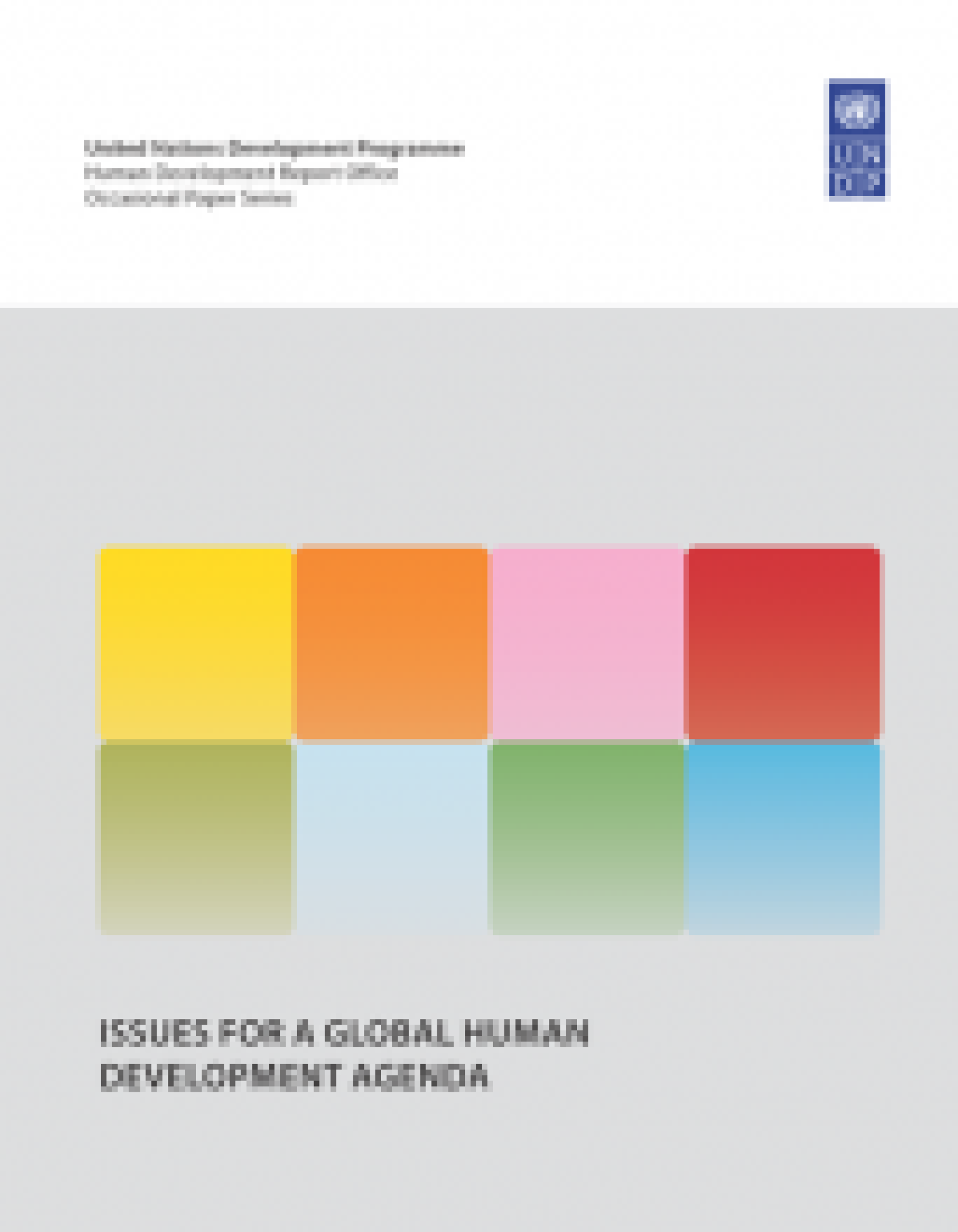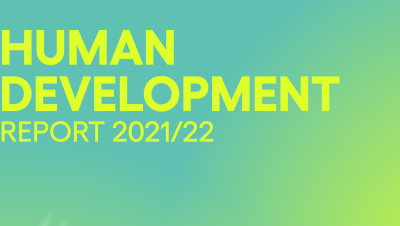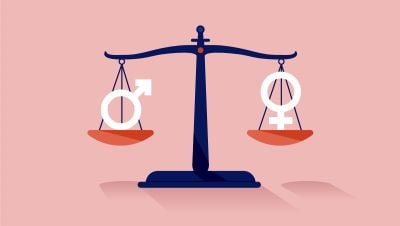Issues for a Global Human Development Agenda is a new paper from the Human Development Report Office at UNDP. Building on a wealth of Post-2015 reflections and analysis, the paper discusses some of the key issues that need to be tackled in making the development agenda Human Development-focused. We argue that looking at progress through a human development lens could contribute to a coherent framework that many hope will underpin the next set of development goals.
The world of 2013 is different from that of 2000 and the next set of development goals needs to reflect this. Our planet is more global - more interconnected - than ever before. What happens in one country affects others. Major crises – food, financial and climate – blight the lives of billions. Issues that were a concern in 2000 have risen in urgency. And the development landscape has changed too: nations that are home to almost three-quarters of the world’s poor are now classified as middle income countries. Just some of the changes we need to keep in mind when we consider the next global development agenda.
But do we even need a new set of goals? What could they achieve? At the risk of stating the blindingly obvious, we use goals because we hope they can help achieve global sustainable human development. We may all hold different views about what sustainable or development means in practice, let alone how to achieve it, but - as a lowest common development denominator - few in the world would argue against the basic sentiment. Therefore, goals are useful if they can help achieve this.
And a set of development goals can contribute in several ways – from focusing attention to mobilizing resources to making governments more accountable. But it is important to remember that one of the distinguishing features of the MDGs is that they are a set of goals… not a collection of disparate targets. In the paper we argue that by focusing on the whole, rather than the sum of its parts, setting goals could be instrumental in promoting a more holistic view of development. One that encourages whole-of-government and multi-sectoral thinking. One that lays out the linkages between the different areas. So let’s not try to construct a set of goals one target at a time. Let’s build a coherent set instead. Thankfully the Human Development approach can help with this.
At the same time, and as debate continues about whether the goals should be universal or targeted, there are a number of issues that just about every country is grappling with. Issues that must surely have a place in the next set of development goals.
- How can development be sustained within the planet’s boundaries?
- How can poverty—in all its dimensions—be reduced for this and future generations?
- How can decent employment be provided for all?
- And how can inequity, within and among nations, be reduced?
We believe the HD approach can help not just with goal setting, but can also help government and societies design the policies needed to address these challenges. The HD approach can help ensure that development challenges are tackled in a way that recognizes their complexity. And these problems are nothing if not complex. The approach can also promote a coherent set of economic, social and environmental solutions that complement, rather than contradict, one another.
Development goals and indicators must be chosen to ensure that the root causes of development challenges are addressed, not just their symptoms. The smartest indicators will provide national policy-makers with support and focus, without dictating the specific actions they need to take: local problems often require local solutions.
Our paper touches on other issues too, ranging from the importance of new global governance arrangements to the different roles (and types) of goals and targets. You can read the whole thing here.
We welcome your comments.
The HDialogue blog is a platform for debate and discussion. Posts reflect the views of respective authors in their individual capacities and not the views of UNDP/HDRO.


